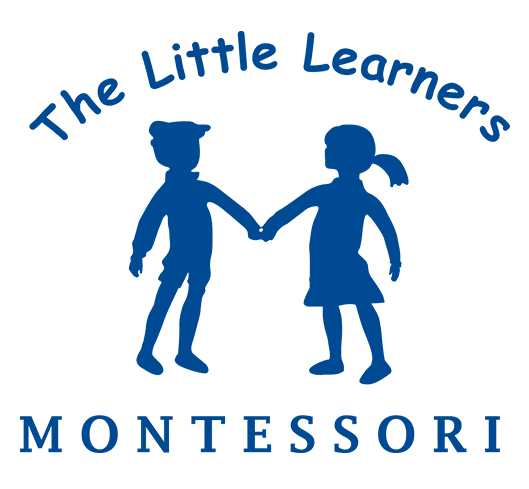Watford Nursery
Hertfordshire, WD18 0WY
Wembley Nursery
Wembley Park, HA9 7NN
Northwood Nursery
Middlesex, HA6 3AA
Cricklewood Nursery
London, NW2 1HR
-
-
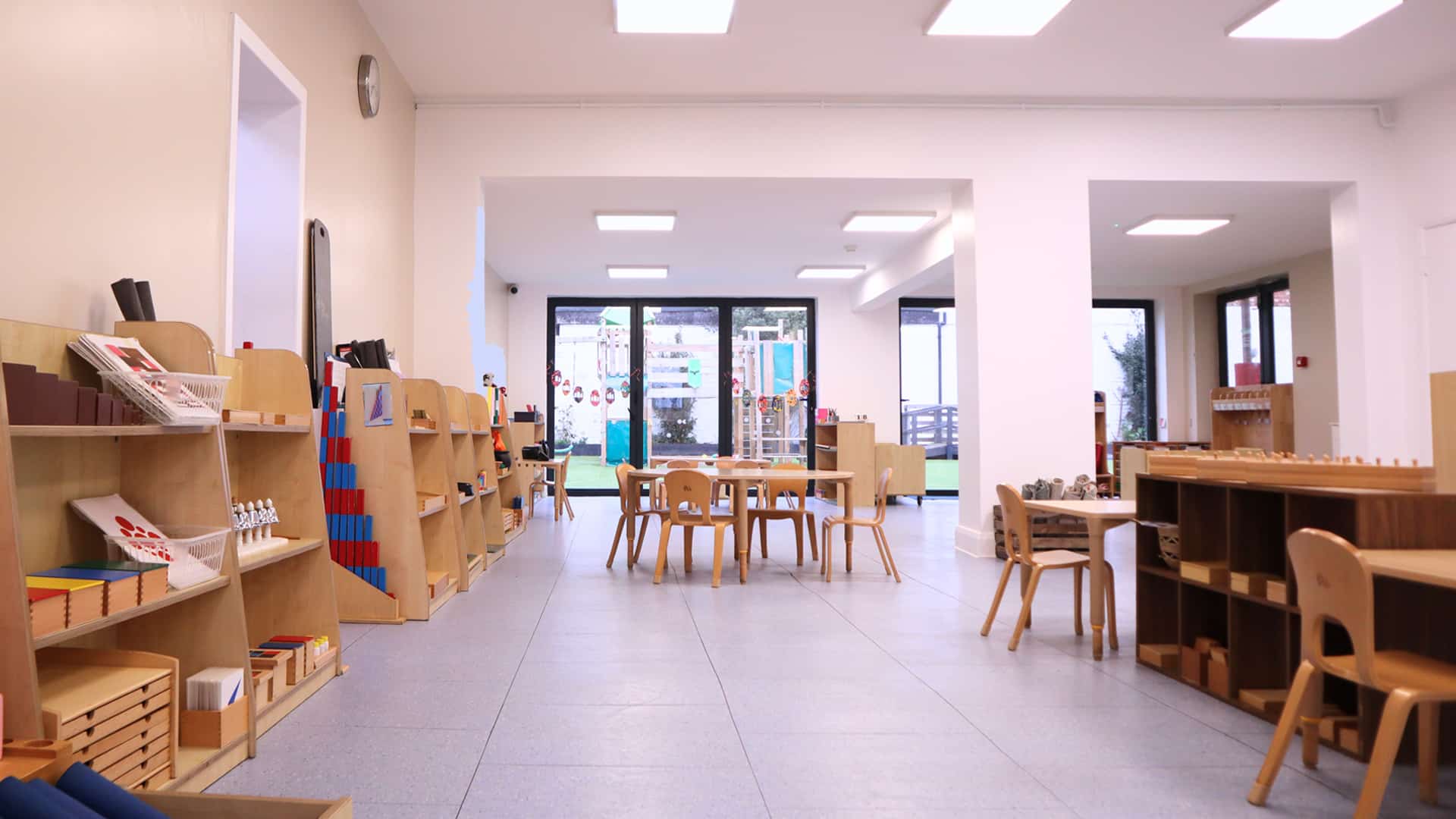
Highest Commitment to Education & Care
At The Little Learners Montessori, we are proud to offer high-quality education and care across our four Montessori settings. Our commitment to the Montessori Philosophy ensures that each child is respected as an individual, supporting their development to their highest potential.
Our Montessori ethos outlined below will help you understand the core values and principles that we follow, guiding your child’s educational journey and development.
Montessori and EYFS Curriculum
Our unique approach meets the Early Years Foundation Stage (EYFS) framework through the Montessori curriculum. We aim to make each child’s learning journey as engaging and interesting through our Montessori materials, which are carefully arranged on our classroom shelves to entice children to select activities that match their interests and abilities.
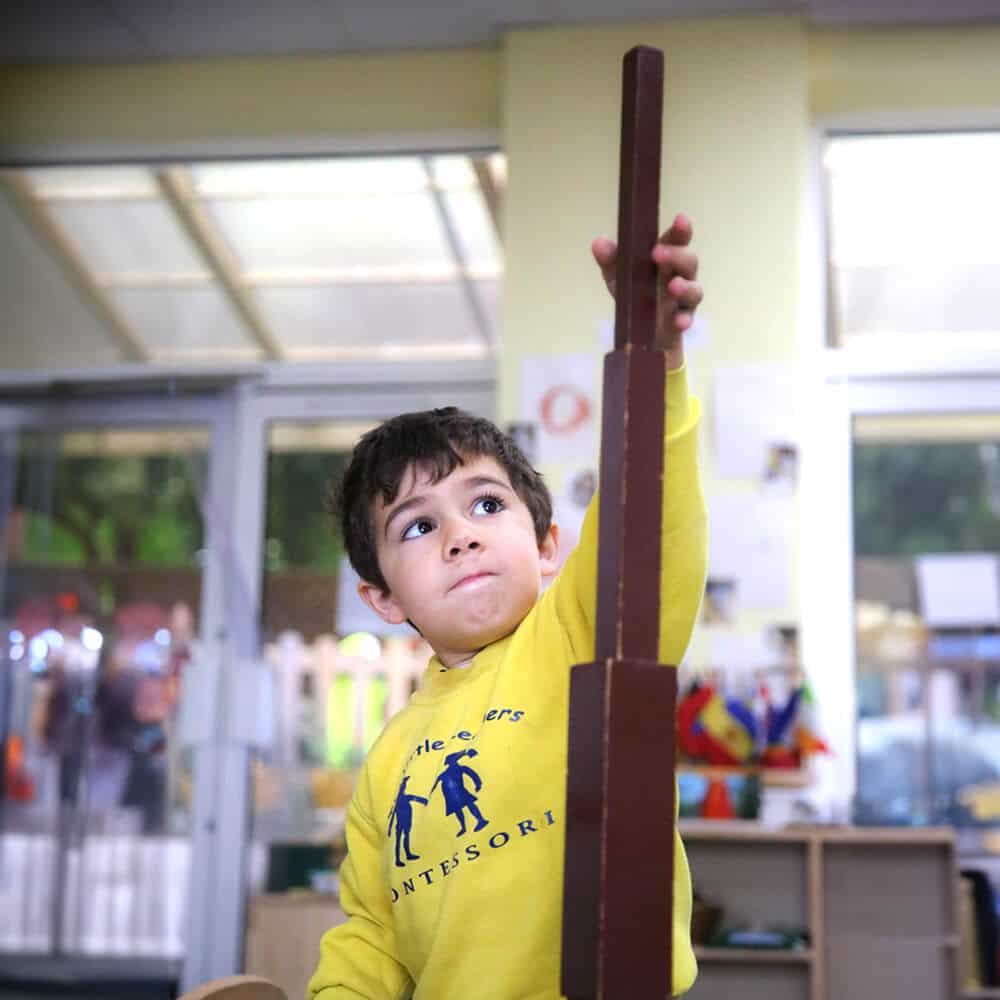
The Early Years Foundation Stage
First, let’s understand The Early Years Foundation Stage (EYFS). This framework was introduced in England for Ofsted registered settings. It defines the standards for the learning, development, and care of children from birth to five years old.
Key Areas of Learning and Development
EYFS divides learning and development into seven key areas, which are further grouped into three prime areas and four specific areas:
Prime Areas
Communication and Language
Developing listening, attention, understanding, and speaking skills.
Physical Development:
Our classrooms are designed to encourage exploration and independence. Children choose activities, promoting self-discipline and deep engagement in learning.
Personal, Social, and Emotional Development
Building confidence, self-awareness, and managing feelings, as well as forming positive relationships.
Specific Areas
Literacy:
Encouraging reading and writing through a variety of activities and materials.
Mathematics
Developing skills in counting, understanding numbers, and using mathematical language.
Understanding the World
Helping children make sense of the physical world and their community through exploration and observation.
Expressive Arts and Design
Fostering creativity through art, music, movement, dance, role-play, and design technology.
What is Montessori Education?
The Montessori curriculum was founded by Maria Montessori, a visionary educator who dedicated her life to advancing the early years industry to where it is today.
Designed to promote independence, creativity, and a lifelong love of learning, this child-centred approach allows each learner to explore and discover at their own pace, guided by our experienced practitioners.
Montessori classrooms are thoughtfully prepared to encourage curiosity and help each child develop a diverse set of skills, preparing them not just for school, but for later life.
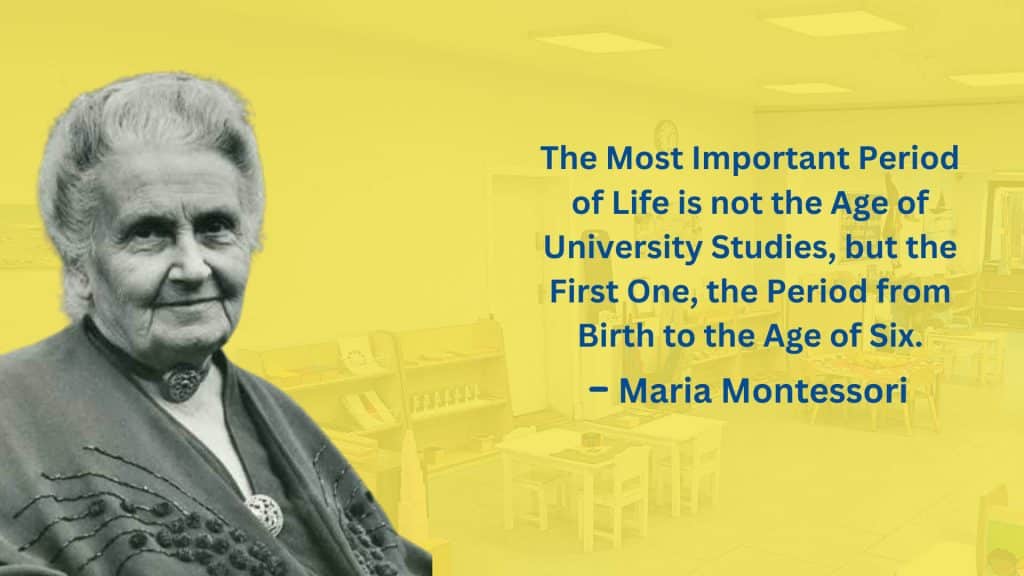
Key Elements of Montessori Ethos
Click the below circles to learn more about the key elements of Montessori
Key Elements of Montessori Education
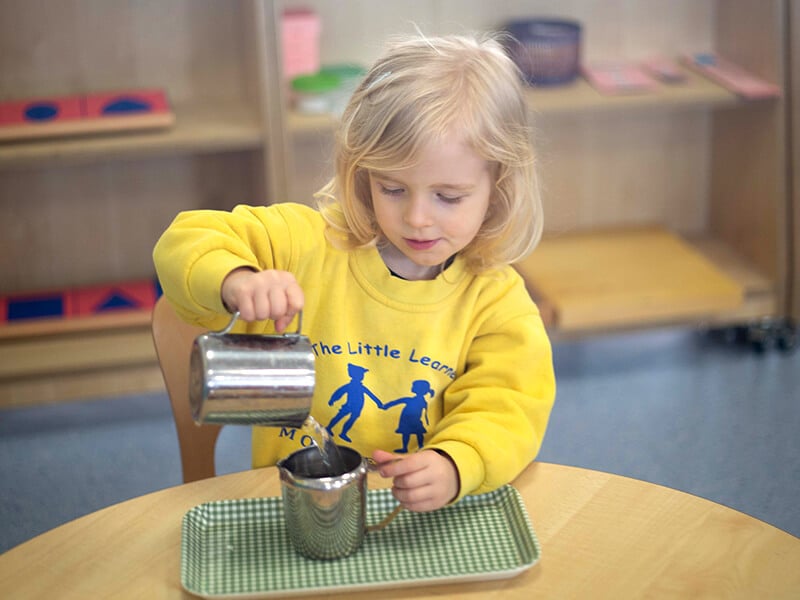
Practical Life Skills
Practical Life activities teach children how to care for themselves and their environment. These tasks, such as cleaning, food preparation, and gardening, develop coordination, concentration, and independence, which are essential for overall development.
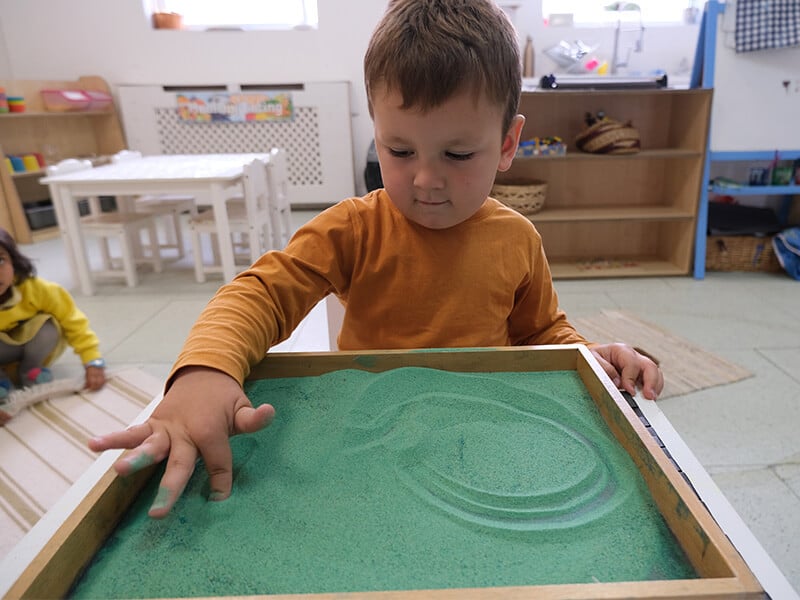
Sensorial Activities
Sensorial materials help children refine their senses through sorting, matching, and comparing objects based on size, shape, texture, sound, and colour. Engaging their senses enhances observation skills and intellectual growth.
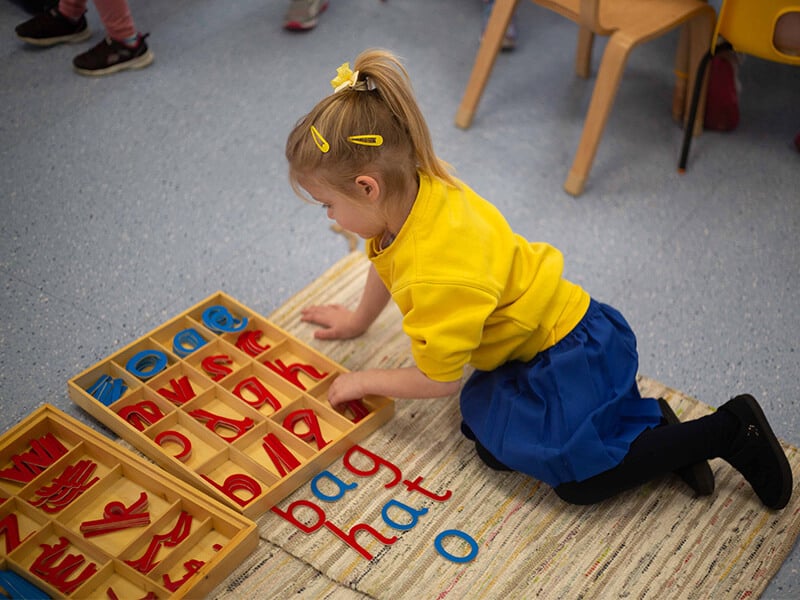
Language Development
Montessori language activities enhance vocabulary and language skills through phonetic sounds, reading, and writing. Tools like sandpaper letters and movable alphabets make learning to read and write fun and interactive.
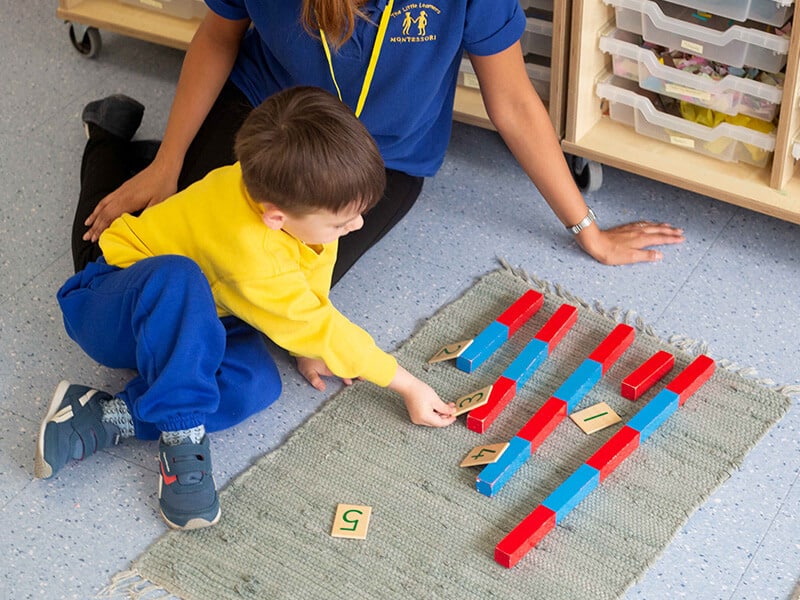
Mathematics
Mathematical concepts are introduced using concrete materials that children can manipulate. This hands-on approach helps them understand abstract concepts such as numbers, counting, and basic arithmetic operations.
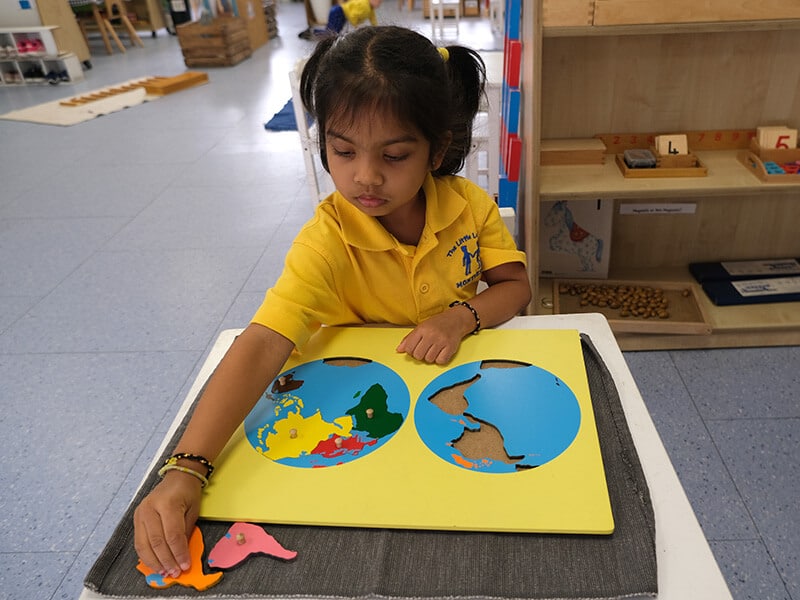
Cultural Awareness
Cultural activities expose children to music, stories, art, geography, history, science, and nature. These experiences foster a sense of community and appreciation for different cultures, helping children develop a well-rounded worldview.
Experience the Montessori difference
Schedule a tour to meet our friendly team and learn more about our curriculum
Benefits of Montessori Education
Develops Independence
Children learn to do things for themselves, boosting their confidence and self-esteem.
Encourages Curiosity & Creativity
Montessori’s hands-on approach nurtures a child's natural curiosity and desire to learn.
Promotes Social Skills
By working in groups and learning to share and cooperate, children develop strong social and communication skills.
Supports Concentration
The Montessori method emphasises focused, undisturbed work periods, helping children develop deep concentration and attention to detail.
Individualised Learning
Each child progresses at their own pace, receiving personalised attention and support from teachers.
Parent Involvement
As parents, you play a crucial role in reinforcing Montessori principles at home.
Here are some practical tips:
Establish Routines
Create consistent bedtime and mealtime routines to provide a sense of security and stability.
Involve Children in Daily Tasks
Encourage children to help with household chores like setting the table, sorting laundry, and cooking.
Encourage Exploration
Provide opportunities for your child to explore nature, read books, and engage in creative activities.
Model Positive Behaviour
Demonstrate and teach values like patience, kindness, and respect.
Nursery Testimonials
Very pleased so far with Little Learners Montessori. Our toddler is happy to go in the mornings, and comes out full of beans with plenty to tell us. The carers all seem lovely and dependable and we were impressed by the tour of the nursery. Lots of communication and regular photos/updates over the Famly app, too, which is important to us.
Overall very satisfied.
SurplusNickWatford
Fantastic nursery! I moved my son here a few months ago from another nursery due to location and it was the best decision. I can see he is so much happier here and the staff do so many wonderful activities with the kids. The premises are clean and spacious. The staff are so friendly and I can clearly see they take an interest in the children. Well done to all the team at Little Learners and thank you.
Vanisha MadhavNorthwood
My son started this Montessori a year ago and the improvement in his vocabulary his confidence and his behaviour has improved each day. He loves going to nursery each day has never been a day that he cried to go in and it shows how good the staff and the environment is within the nursery. Very friendly and welcoming staff and very comfortable place for a child to be learning their early education in with all the love and support.
Zarlish AbbasiWembley
We love this nursery. All the teachers are super nice and professional. Every day there is just full of fun and they learn so much about the world. My son vocabulary and his understanding about everything just grows by the week. He always comes out with a smile. 10/10
Klaudia UjjCricklewood

We have 600+ 5 Star Google Reviews
Schedule a tour and discover the Montessori difference
We are committed to provide each child with the best possible start to their learning journey.
By combining the Montessori ethos with the EYFS framework, we inspire a lifelong love of learning and prepare children for future success.
